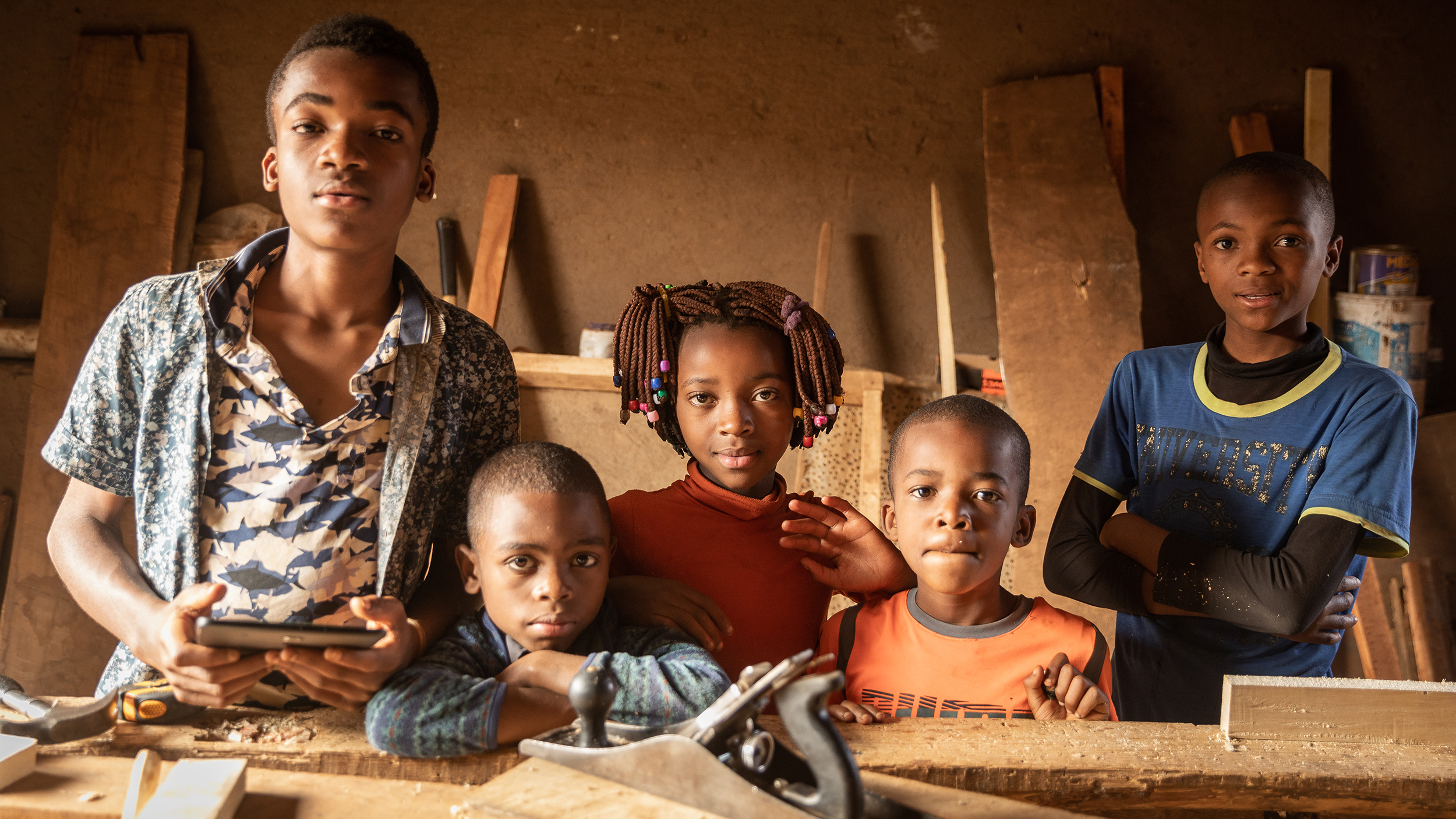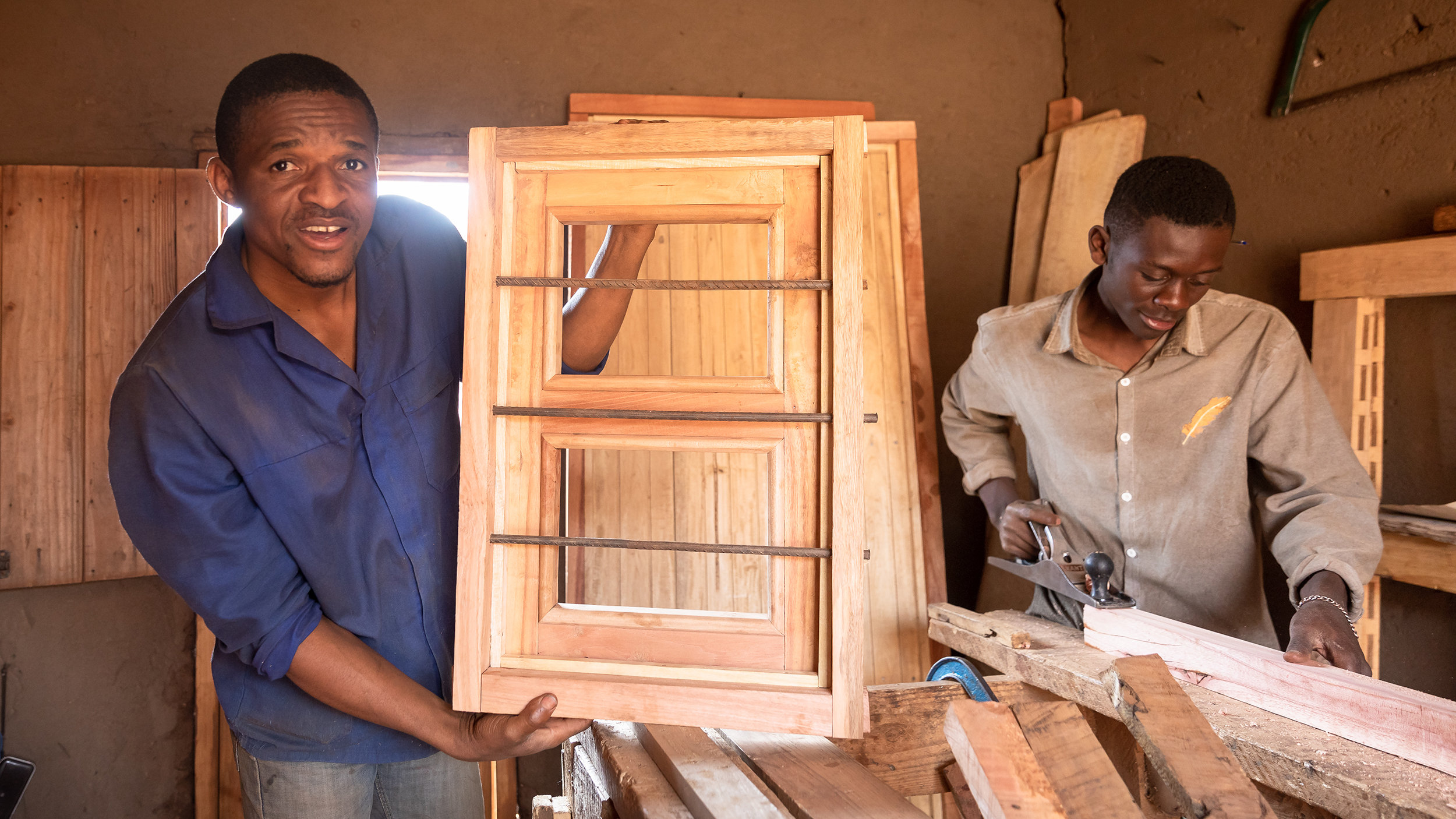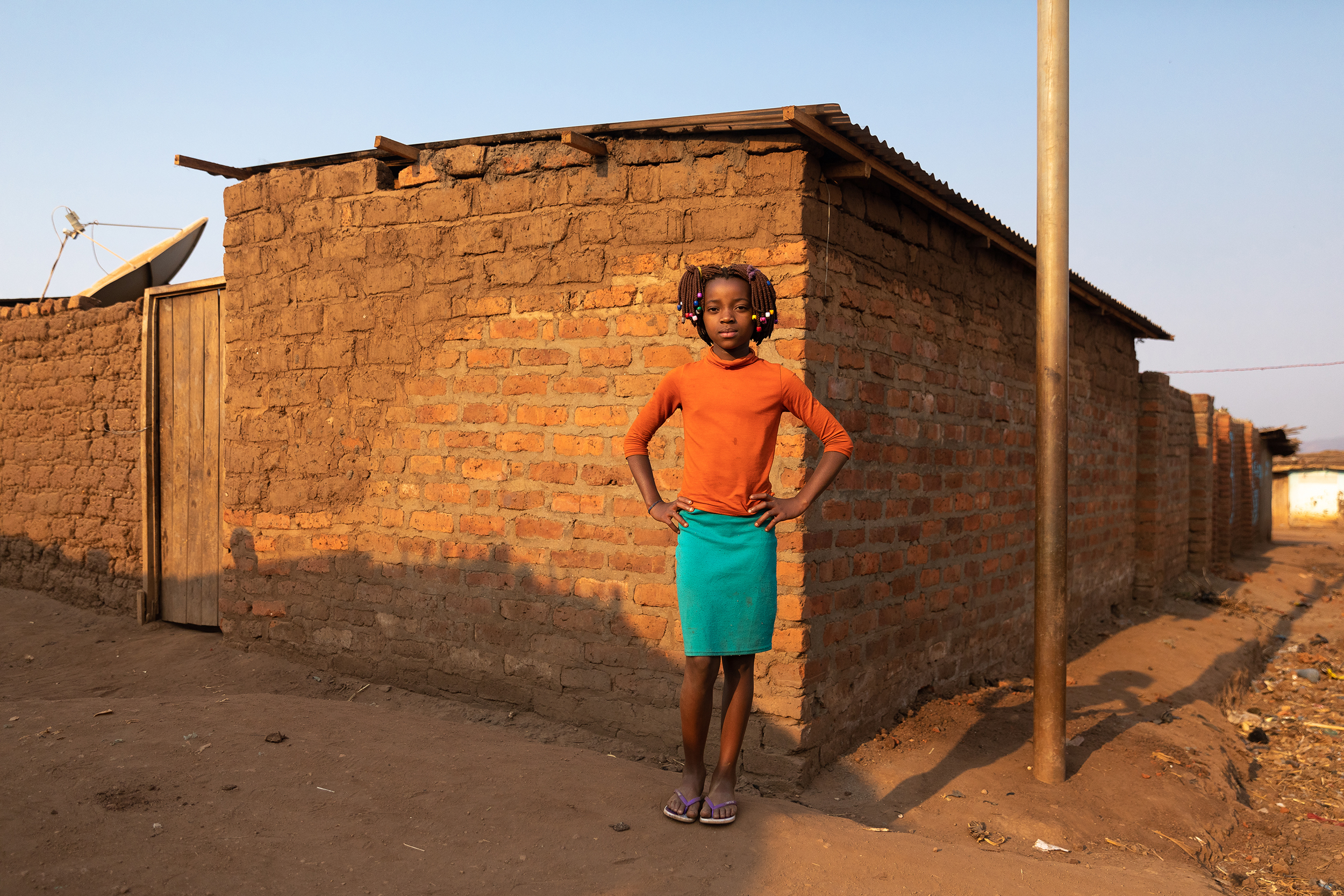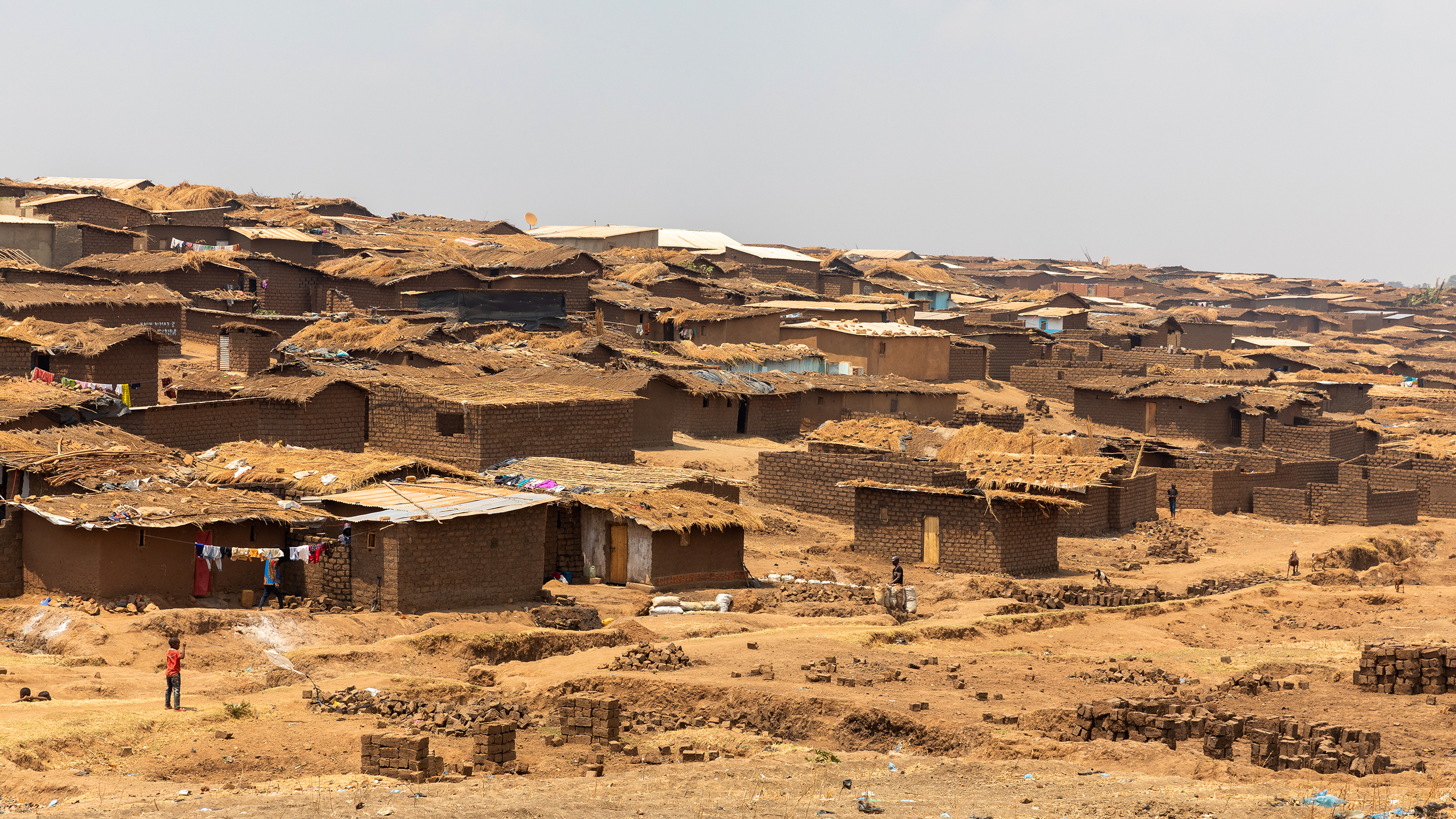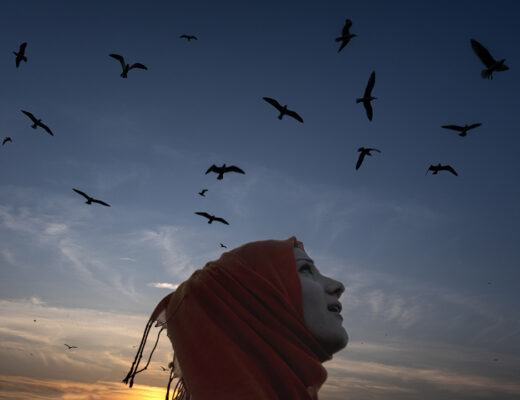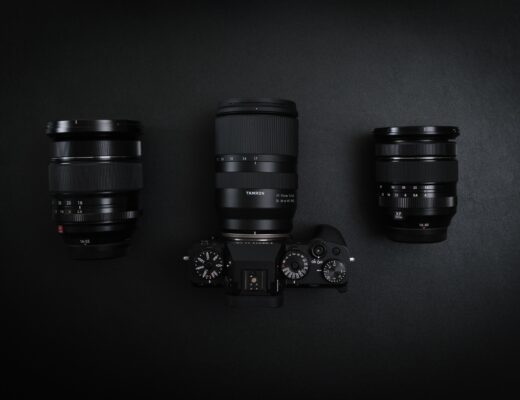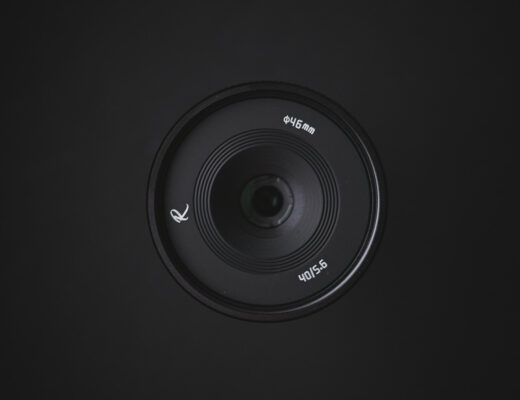After hectic days of planning and careful packing, on a beautiful morning during early September 2019 we embarked on a long journey from Barcelona, Spain to Lilongwe, Malawi. Overwhelmed with excitement, I couldn’t believe that for the first time in my 28 years of life I would be traveling solo with my dad to a refugee camp in a remote country that never in my life I imagined I’d be going to, let alone ever heard of, for our first film development trip as HOME Storytellers.
It was a little over a year ago, when my Dad and I decided to make good use of our passion and skills for visual storytelling. Together, we founded a non-profit organization called HOME Storytellers to inspire people, companies, foundations and governments to act in support of proven solutions that enable refugees’ self-reliance through the creation of artful character-driven short documentary films. In this short time we have felt the impact of our work, as an example, Asylum Access, our first film’s grassroots partner organization, recently shared with us that within 7 months, Hot Dogs on a Tricycle had raised almost $120,000 for their refugee legal empowerment programs and that 8 new companies had joined their Hospitality Route Program to support refugee resettlement in Mexico after watching the documentary. We were pleased to hear that the film’s impact was also reflected within the organization. Asylum Access’ culture was shifting and they now understood the power and effectiveness of visual storytelling for a nonprofit. For that reason, they are now investing in a new communication strategy for 2020.
After 20 hours of waiting in lines, a few layovers, several movies and a lot of last-minute details for our trip, I couldn’t help but feel nervous about what to expect. The development trip was a new part of our project process. It would serve to meet in person the organization that we had partnered with for the film, make the final selection of the story to be documented and create some content around the story for a pitch video that could later help us fundraise for the production. Being the new and very small organization that we are, we couldn’t afford to take an entire film crew, so it was in our two sets of hands to achieve all of our expectations, especially regarding image quality. For Dad, this was not an issue as he is an amazing photographer and has been for years. But for me on the other hand, I knew how to use a camera but my expertise is in storytelling and postproduction. Luckily, my dad suggested I use his Fujifilm X-T2 which he knew would make my life easier and would allow us to reach the quality we were aiming for.
Innocent Magambi, the founder of There Is Hope (TIH), our partner organization in Malawi, received us in the Lilongwe airport with a tight warm hug and funny joke about me being their driver for the evening which we later learned was no joke at all. I didn’t dare drive on the left side of the only road in the city, but my good old man built up the courage and got behind the wheel. Upon our arrival and after a very thorough tour of TIH’s school where they provide vocational training to refugees, we began filming. We met three former refugee students which TIH had preselected as potential characters to the documentary and had the opportunity to interview them over a two camera set up to test out how comfortable they felt sharing their story in front of a camera. We were completely astonished by the power of all three stories and the students’ ability to tell it, but we finally had to make a selection. The man’s name is Jacques Kabongo.
It didn’t take long for us to feel a strong connection with Jacques. There we were watching this Congolese man expressing how he was forced to make a refugee camp his new home after having fled the terrible life or death conflict back in his home country to save his family and himself. We were blown away by a feeling of admiration and respect towards him for having the strength and diligence to overcome this situation and get to where he is now. A proud business owner of a carpentry wood workshop, with his 6 children in school and well fed, living in a new home that he built for them with his own hands.
It was hard to sleep that night with so much to digest. At the same time, I was mentally preparing for the next day that we’d be filming Jacques at his work and with his family at home. But after 16 hour long days, it doesn’t take long for your eyelids not to bounce back up.
We arose the next day at 5:30 in the morning and left towards Dzaleka Refugee Camp. With the Fujifilm X-T2 in one hand and the gimbal in the other, I was ready to make it happen. We started the day filming in Jacques’ workshop, a small hut that he built right next to his new home. I was surprised by how intuitive and simple it was to use the X-T2. I felt in total control. Its light weight made it easy for my thin arms through all those hours.
The light drizzled in through Jacques’ shop’s wood door illuminating his rough hands while he shaped and smoothened the wood with firm movements. We had such beautiful lighting and the shop was covered with flying sawdust. The combination of the two was candy for the eye. I shot with the Fujinon Lens Super EBC f/35mm 1:1.4 in F-log. With the little experience I had, I felt more confident to use the autofocus and was very pleased with the precision it delivered. We then changed the scene and moved on to Jacques’ home. There were only 2 very small sources of natural light. Even in those conditions, the Fujifilm helped me capture a beautiful look that supported this calming and very warm moment while Jacques’ eldest played the guitar and his parents watched with admiration and love.
The next few days were spent capturing the essence of the story that will be produced into a short documentary called SAWDUST. You can watch a 3 min. pitch video here.
SAWDUST will be used not only to make a strong case about the importance of investing in the very needed refugee vocational education but it will also give hope and inspire all those who are, have been or will be in Jacques’ situation.
We aim to go back to Malawi to produce the final film in April/May 2020. Once produced, this documentary will be widely distributed and aims to raise $300,000 to scale TIH’s vocational training programs so that more refugees can follow in Jacques footsteps.
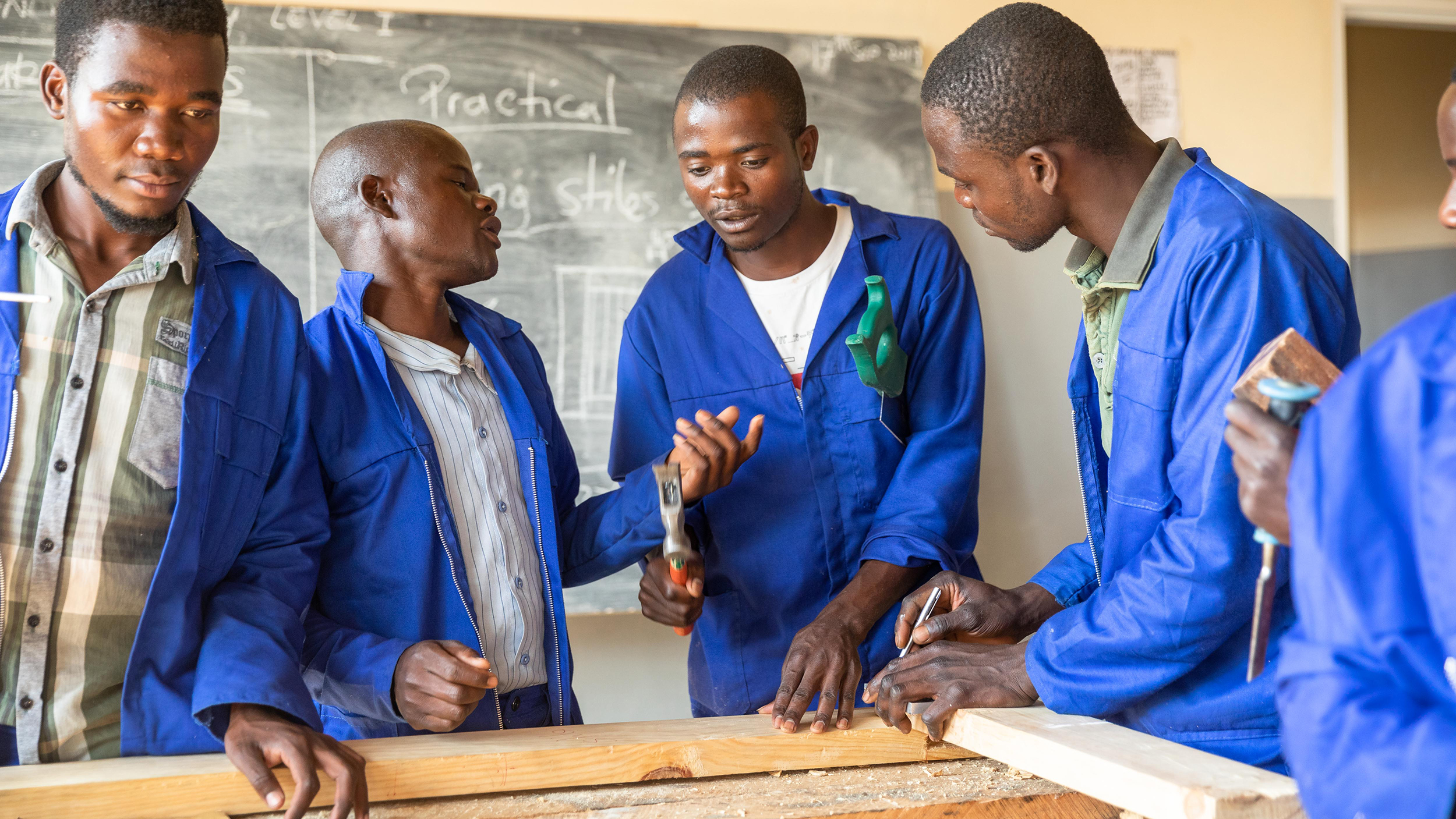
Students in the carpentry vocational training at the NGO There is Hope. © Francisco Alcala Torreslanda
If you feel compelled to help, you can support the film’s production by donating here.
Visualize this article in the BTS of our development trip here:

Alejandra Alcala is Co-Founder, Creative Director and Editor of HOME Storytellers, a non-profit organization founded together with her Dad, that inspires people, companies, philanthropic foundations and governments to act in support of proven solutions around the globe that enable refugee self-reliance.
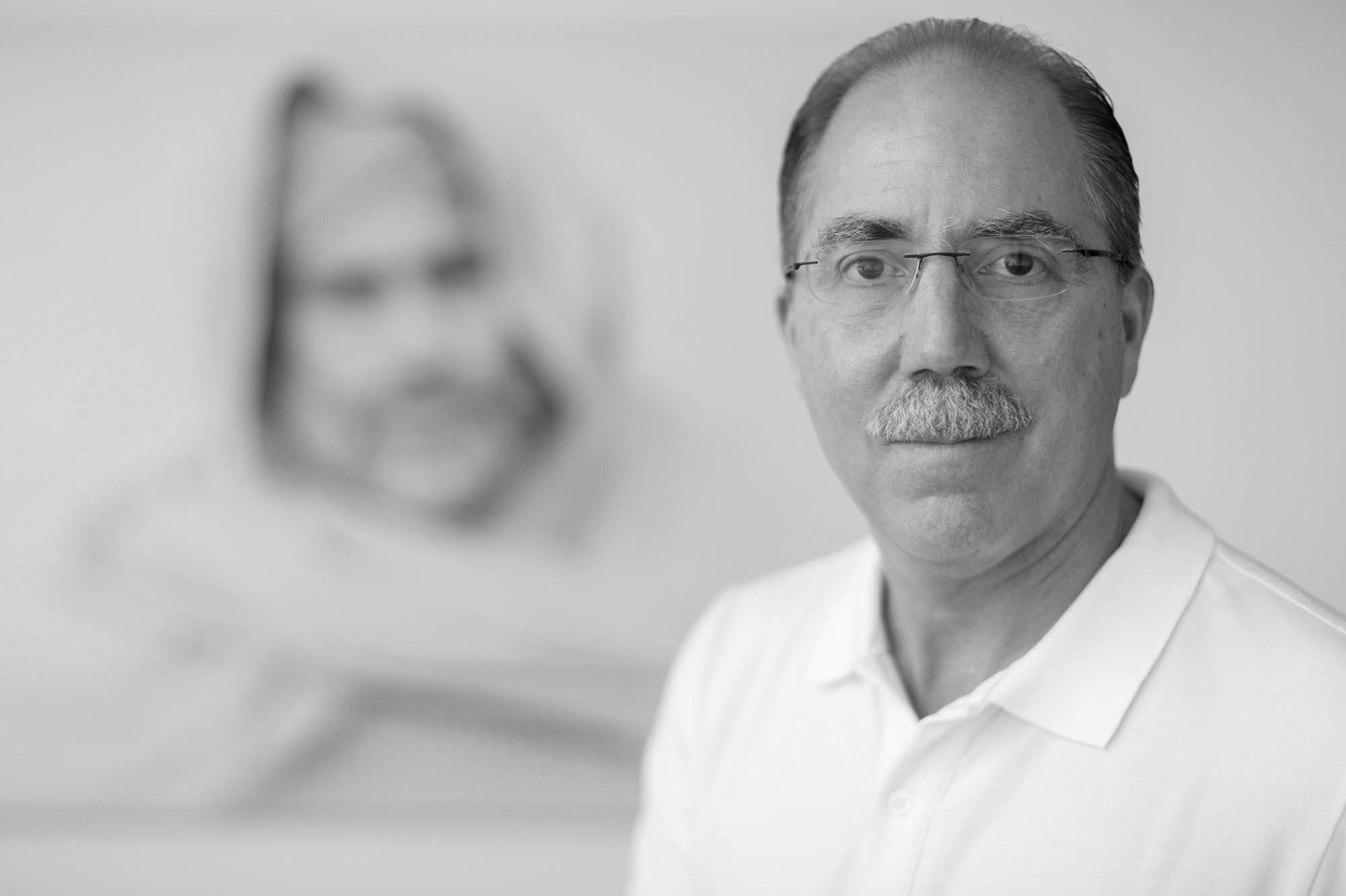
Francisco Alcala Torreslanda is Founder, Executive Director and Photographer of HOME Storytellers. After 30 years of experience as business executive in 4 continents, Francisco began a second career as a documentary photographer and found his niche working in the intersection between art and social change.

